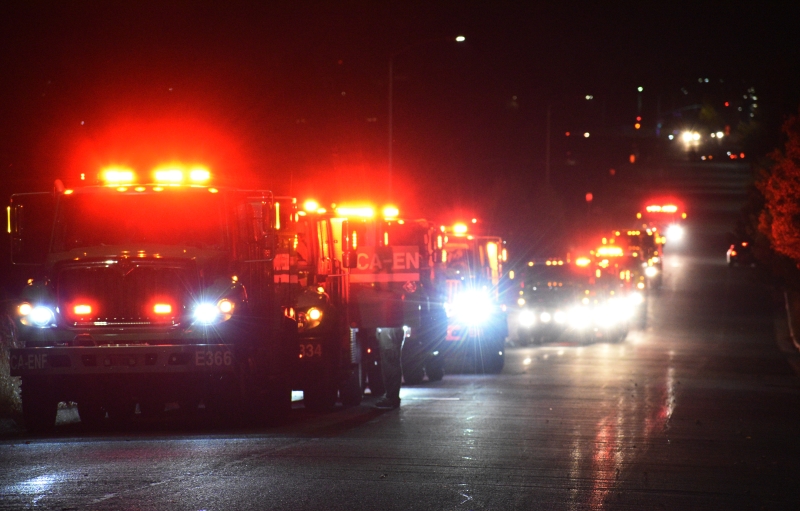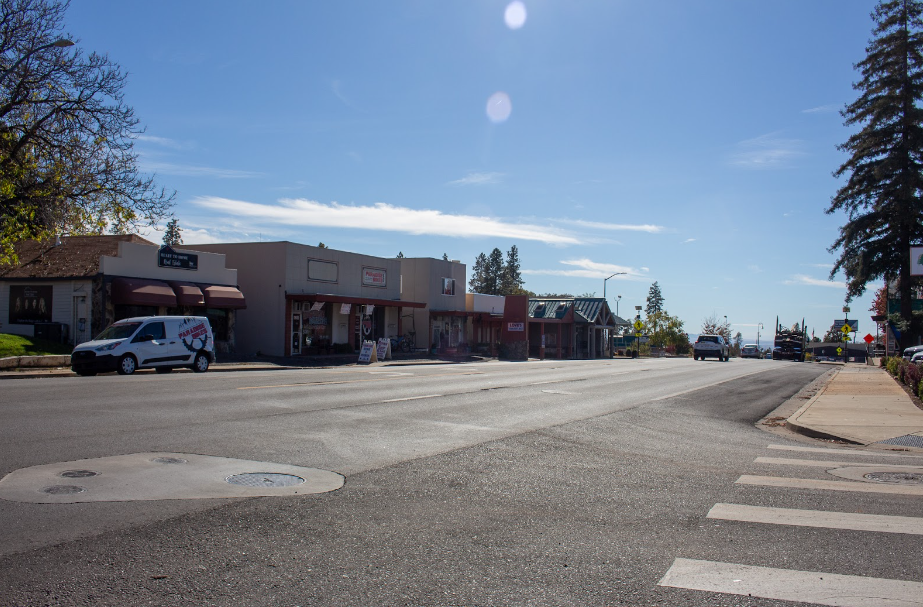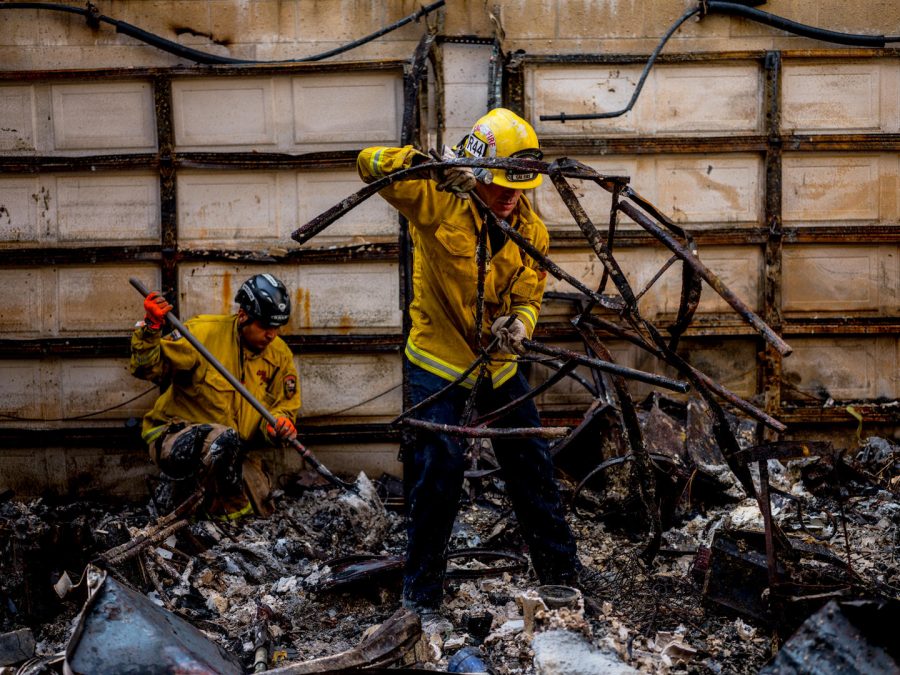27 out of 122 sewer systems in Paradise have already failed, and the remaining systems are expected to break down within the next 20 years.

Jody Jones, vice mayor of Paradise, has proposed an estimated $26 million project to the Chico city council to solve the problem.
Paradise is the only city west of the Mississippi River that relies only on a septic system that’s not connected to a larger waste water treatment center, Jones said.
“Whether or not the town can remain on septic systems has been studied for many years,” she said. “The question was never if advanced sewer treatment would be needed, but when.”
Jones specified that Paradise is not asking Chico to fund the project, but wanted to suggest the idea before going forward with further environmental studies.
According to recent studies, the failing systems pose a threat to all groundwater.
“Clean water sheds are important to all of us, especially in a drought,” she said.
If Chico agrees, the system would include an eight mile-long closed pipe, with no hookups, likely to be constructed along the south shoulder of Skyway, Jones said.
Additionally, Paradise’s sewage would be collected at Chico’s waste water treatment center.
The project would send about one million gallons of water per day through Chico’s control plant, which could be treated, reused or sold, Jones said.
The failing systems only affect commercial areas. Residential users can remain on septic without threatening groundwater, she said. However, if commercial areas remain on septic, they will be a threat to groundwater, as well as the regional economy.
Jones explained the commercial area’s current systems do not have adequate space for dispersal.
“High ground water, poor soil, difficult topography and small lots all contribute to the need for advanced sewer treatment in Paradise,” she said.
The failing systems have caused Paradise to restrict business, such as the number of seats in restaurants and hair salons, and the number of employees a business can have.
If one area in a region suffers an economic decline, it could likely bring down the entire region, Jones said.
Jones stated that this is just one answer to the problem, but environmental research thus far has shown that Chico has sufficient capacity to take care of its own needs, as well as Paradise’s commercial needs.
“There are many options, but the preferred option is Chico,” Jones said. “It’s most logical.”
Although Jones said the estimated cost is $26 million, the exact number will be confirmed by more in depth environmental studies.
Paradise is expecting to generate funds for the project through state and federal loans, as well as grant programs, she said.
At the Sept. 1 city council meeting, council members were hesitant about giving an answer to the proposal.
“We need to have a discussion,” said Ann Schwab, city council member. “I’m not ready to say ‘yay’ or ‘nay.'”
Mark Sorensen, mayor of Chico, said there needs to be more information about what the agreement will look like between Paradise and Chico.
Despite hesitation from council members, Jones says Chico would benefit from the project in the following ways:
- More rate payers: Paradise residents would pay a fee to Chico for its sewage services.
- Improved collection pipes: According to Jones, the pipes are already in need of improvement so the proposal would help fix the problem.
- Claimable water rights: Approving the proposal gives Chico the potential to sell or claim the used water.
- Improved groundwater conditions: Without approving the proposal, there’s potential for increased problems with groundwater.
Chico city council members motioned to put the item on a later agenda so it could be studied further.
“A commercial sewer is the only sustainable solution,” Jones said. “This is a win-win project for Paradise and Chico.”
Lauren Anderson can be reached at [email protected] or @laurentaylora on Twitter.









